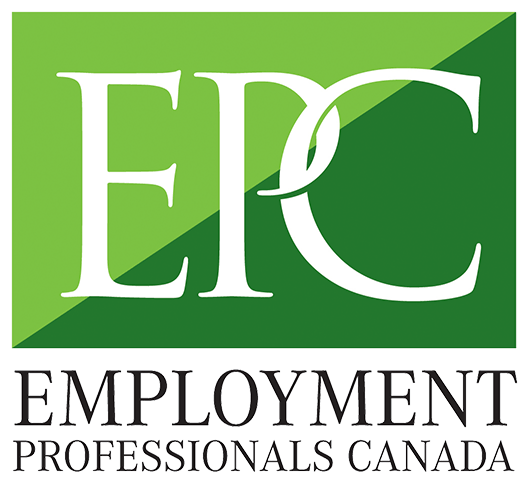The legalization of medical marijuana and recreational marijuana have confused and raised challenges for Canadian employers. Here are five things employers should understand about marijuana in the workplace.
Clarification on Legal Status
As of October 2018, The Government of Canada legalized marijuana for recreational use.
Employees Cannot Be Impaired At Work
Similar to rules regarding alcohol, employees cannot be impaired at work; despite the fact that marijuana is legal. Employees can use cannabis in their personal lives, but employers are within their rights to prohibit employees from using marijuana during work hours or showing up for work impaired.
Employers Must Make Accommodations for Medical Use
Disabled workers who use medical marijuana must be accommodated in the same way as any other employee prescribed medication. This is in accordance with the duty to accommodate regulations required by federal and provincial human rights legislation. In some cases, accommodation is also required for employees who have a documented addiction disability, but those regulations do have limits.
The Limits on Accommodations for Medical Marijuana
Employers are required to make accommodations for people prescribed medical marijuana exactly in the same way they are required to accommodate employees prescribed any other type of medication. While disabled employees who have been prescribed marijuana must be accommodated, there are limits:
-
- Despite a prescription, employees are not entitled to use marijuana during work hours or to show up to work impaired.
- Despite a prescription, employees are not entitled to compromise their safety or the safety of others.
- A medical marijuana prescription does not provide a free pass for unexcused absences or late arrivals to work.
What Types of Accommodations Are Reasonable?
The major challenge with marijuana is testing. Unlike alcohol, which only remains in the system for a short period of time, THC – the psychoactive component of cannabis – can remain in the system for a month, making it impossible to tell if someone used that day or three weeks prior.
Employers must keep employees and members of the public safe, and they are within their rights to prohibit impairment on the job. When dealing with a request for accommodation, employers may wish to move an employee to a role that does not jeopardize their safety or the safety of others, provide more frequent breaks, implement alternative scheduling, or alter the employee’s duties, etc. They are also within their rights to request medical documentation regarding the accommodation.
There have been conflicting court decisions surrounding accommodation in recent years, so employers should always seek legal counsel regarding accommodation for medical marijuana.
Do Employers Need to Change Their Practices?
The rules surrounding marijuana and employee rights can be confusing and challenging. However, following the rules of accommodation and gathering legal advice will help keep employers and employees protected.
If you are looking for effective strategies on hiring employees in this complex legal environment, contact the experts at Employment Professionals Canada today.

